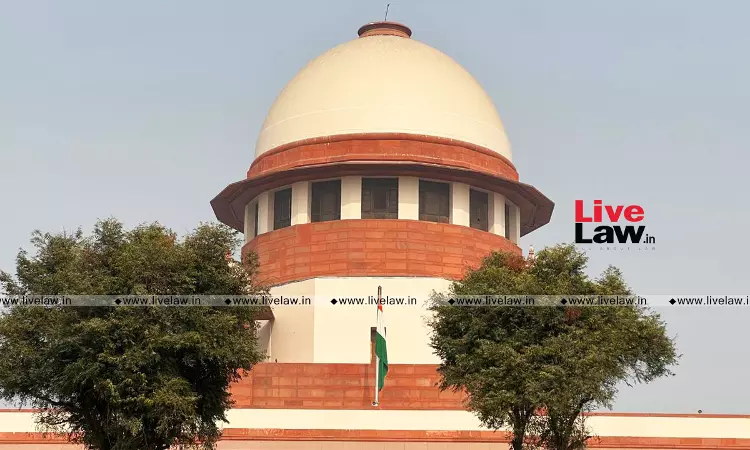The Supreme Court has held that Home Guards working in the State of Odisha are entitled to Duty Allowance as per the minimum amount of pay to which the police personnel in the State is entitled to. It further clarified that the Home Guards shall be entitled to the periodical rise which may be available to the police personnel of the State and the Duty Allowance to be paid to the Home...

